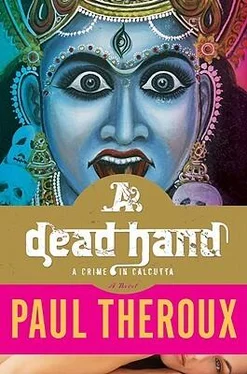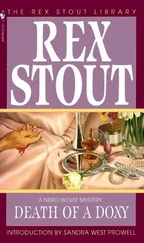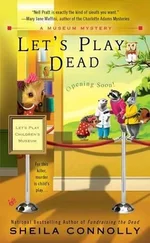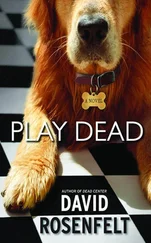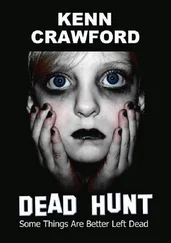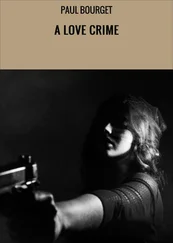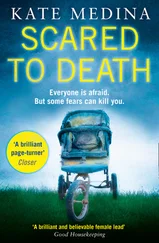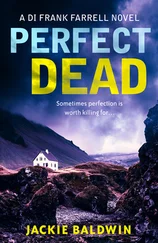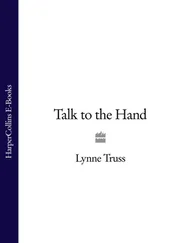The receptionist at police headquarters recognized both of us, but she responded more warmly to Howard. He was friendly and memorable, and he spoke first, in a courtly way in Bengali.
"Dr. Mooly Mukherjee. Consular business." He handed her his diplomatic card, stamped with a gold American eagle.
As the receptionist called to announce us, she gave us security tags. Then she beckoned a chowkidar to usher us upstairs.
I began to regret that I'd depended on Howard, because he was now involved in my quest. His presence made me self-conscious, and I had denied knowing her. I knew he was wondering how well I knew Mrs. Unger. But if a crime had been committed, why should I hide it from him? I would probably need him.
The chowkidar knocked on the office door, and hearing a grunt, he showed us in.
"Dr. Mukherjee. Namashkar, " Howard said. " Apni keman achen? "
"Top hole, thank you, Mr. Howard."
They talked for a while about a recent case, an American who'd died in Darjeeling. "Heart-related," Dr. Mukherjee said. "Altitude was factor. He left immense debts. It turned out that he was a blighter and a mountebank."
Then Howard said, "And I think you know my friend?"
"Ah, yes," he said, with less enthusiasm, and I knew what he was thinking: he associated me with the dead hand, the sad little thing with no fingerprints.
"I'd like you to test this." I opened the plastic bag and showed him the stained piece of carpet I'd found in the closet at the Ananda Hotel.
"Test for what? For fibers? For DNA?" He stroked his mustache, speaking slowly. "Traces of drugs? Bodily fluids? Gunpowder? Chemicals? Food particles? Hair strands?"
Howard had begun to laugh softly at the litany of questions.
"We are thorough!" Dr. Mooly Mukherjee said, tweaking one tip of his mustache.
"Please test it for everything. There's a suspicious stain on it. Who knows, maybe a bloodstain."
"I will be judge of that," Dr. Mukherjee said, taking up a clipboard that held a printed form. "May I ask origin of carpet sample?"
I squirmed a bit, then said, "It came into my possession."
"You have become a repository of many items," he said. "I can only wonder if they are related. Let's say, 'Of unknown origin.'"
"That's good. How long will it take you to do the tests?"
"For simple tests, a few days. We might have to send it to the lab. Here's my card. I'll write my mobile number." He did so on the back of the card. "Phone me Thursday afternoon. We might have some results then."
"He's a good man," Howard said when we left the building. He was curious, I could tell, resisting the obvious question, being pointedly discreet. And he had not referred to my earlier request, when I had foolishly revealed that I had a dead hand that wanted to be identified.
In the silence, I said, "I can't tell you why I need to know this."
"It's much better that I don't know," Howard said. "I don't want to have to write a report. Knowing things is a big burden in the consular business. Even though I'm a PAO, it puts me under an obligation. I'm glad to help. And I like the evidence."
"That's not evidence. I'm just helping a friend."
But he could see I was being defensive. "The piece of carpet," he said. "It's pure Henry James. The big clue hidden somewhere in the weave. Puzzle it out and you have the answer. You know the story? 'The Figure in the Carpet.'"
"Yes, I do."
"One of the many things I love about Calcutta is its Victorian texture. It's Jamesian. Not just the grandiose architecture, but the people too. Women need chaperones. They don't marry for love. Dr. Mooly Mukherjee is a Victorian figure. His mustache is dated. Even the words he uses. 'Repository.' 'Blighter.' 'Mountebank.'"
Talking this way gave a bigger meaning to our visit to police headquarters, and by linking it to literature, he dignified it. He was right about 'The Figure in the Carpet.' And so although I was looking for bloodstains, or anything criminal, we were able to talk about it in euphemisms, and that helped us to be a little more dignified too.
And it calmed me. We agreed to meet again soon. I could not tell him what I was doing. There was only one person I could tell.

I HAD MISSED MRS. UNGER. I had come to depend on seeing her once or twice a week for the sessions of tantric massage, and I had yearned for her while she'd been away — her week in Mirzapur. I was like an old-fashioned woman waiting for a man to call, passive, dependent, helpless. She said that tantra was all-encompassing ancient wisdom that included sex, as it did every aspect of life. Yet for me the massage was not a sexual act but a way of prolonging desire: at its best it had no end, at least not an explosive finality, but rather a tapering glow of intense well-being.
"Better than sex," I'd said to her.
She liked my saying that, yet still I was possessed.
My week in Calcutta without her had allowed me to plan the stay at the Ananda that resulted in my securing the stained piece of carpet from the closet. I guessed that the entire carpet had been cut and distributed throughout the hotel. And now I had the police working on identifying anything that had adhered to it. I had studied the scene of the crime. I'd used my time well, I thought. I'd have news for Mrs. Unger. And now I was able to see her again.
Knowing that I was going to see her later in the day filled me with pleasure. The foreknowledge of desire, the certainty of a meeting, something every lover knows, is a vitalizing power, a source of happiness and optimism. She had that effect on me. She had that effect on everyone she knew, inspiring an eagerness, a willingness to make a sacrifice.
I longed to please her. The greatest gift of love was — without thinking — losing one's ego in a passion for someone else, becoming unselfish, wishing to serve and satisfy that other person, wanting her to smile.
That was easy to do for Mrs. Unger because she gave so much of herself to others. Her goodness, the bigheartedness that made people thrive, motivated me to want to please her in the same way; she sacrificed so much herself that my making a sacrifice for her was a pleasure. The more inconvenienced I was by serving her, the happier I became, because she deserved it.
I found what many lovers find, that it is hard to give anything to someone who is truly generous. Her strength, and perhaps the key to Mrs. Unger's personality, was that she didn't need anything from me, or anyone. Her criticism of Mother Teresa was that she needed to bask, to meet celebrities, to collect money, to be acknowledged. Mrs. Unger scorned all of that. She seemed to exist in an atmosphere of pure kindness and serenity, offering blessings. What could I give her? A clue to the body in the room would be welcome, but not much else. Even that was unselfish on her part, for all she cared about was clearing Rajat's name. "He must not be hurt," she said. "He has a lovely soul. He has fairy energy."
I could see how the children thrived in the Lodge. That was how I felt at my hotel, writing those pages about her, having recaptured the ability to write that I had believed — dreaded — deserted me. She was both the inspiration for those pages and the subject of them. Knowing her, being vitalized by her, touched by her, I was returned to being a writer, and finding that creativity, I had found a self I thought I'd burned out. But no, I'd rediscovered it, and in so doing I'd rediscovered a younger self. She had rejuvenated me. All she said was "Kundalini."
I didn't want to wait to be summoned. I wanted to get a taxi outside the Hastings and ride to Alipore, full of expectation, unbidden, to show my loyalty and love. But I resisted, because the last time I'd done it, she'd been away in Mirzapur, wherever that was.
Читать дальше
